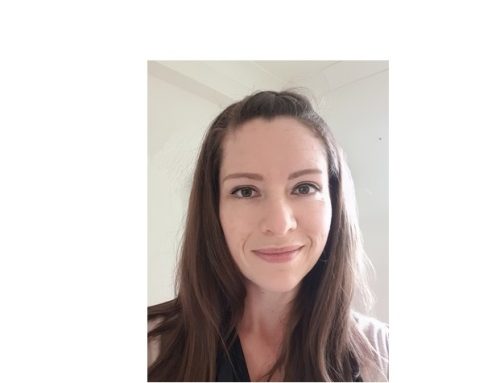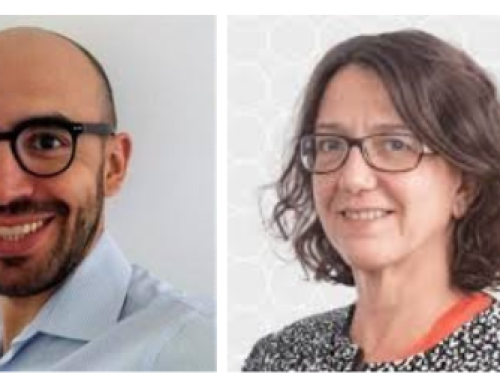Dr Fulvia Vascotto on her upcoming seminar with CRUK RadNet City of London
Ahead of our upcoming seminar with Dr Fulvia Vascotto, we sat down to discuss her reasons for choosing the topic of the RNA vaccine and radiotherapy, her hopes for future scientific developments, and what she is most looking forward to about the CRUK RadNet City of London seminar series.
-For our upcoming seminar, you have chosen to focus on the RNA Vaccine & Radiotherapy to fight Cancer. Can you tell us more about why you’ve chosen this topic and why you think it’s an important subject to be talking about?
I have chosen this subject because I have been involved in researching how RNA vaccinations can work to fight cancer since joining TRON in 2011, and more recently in combination with Antibody therapy, focussing mainly on checkpoint inhibitors (CPI) and local radio therapy.
It is indeed a very important topic because RNA vaccination is the most adaptable platform developed thanks to the molecular biology techniques raised in the well-known field of synthetic medicine or genetic vaccines. Just how important RNA vaccines are in infectious diseases emerged globally very recently. However, what scientists perhaps would not know is that this specific therapeutic platform was initiated more than 10 years ago to cure cancer patients and for the medical need of protein replacement therapies. This is a field that TRON in collaboration with BioNTech continues to work with the perspective of several types of combination therapies. The combination with local radiotherapy was planned in collaboration with Dr. Kong who was very sensitive to the potential of this setting for clinical perspective. We generated two concepts of RNA vaccinations aiming to boost anti-tumor CD4 T cells and/or CD8 T cell response and we combined both with CPI or LRT. In my seminar on the 19th April, I will show a summary of these studies already published with a special enthusiasm to share the data generated by Nadja Salomon, a talented PhD student in my team.
– Can you tell us a bit about the pre-clinical cancer models you’ve worked on and how they’ve helped you to understand cellular and molecular mechanisms involved in synergistic therapeutic effects?
The pre-clinical models we use currently in TRON are melanoma, breast cancers, colon adenocarcinomas, and HPV 16+ (TC1 and C3) tumor models. These are all cell lines which genome and RNA have been sequenced and we found several neoantigens ( TAA) to use to encode them in the RNA vaccine with the prospective to generate a specific anti tumor immune T cell response to fight cancer. This tumor-associated antigen is of enormous help to follow in time the generation for the anti tumoral T cell response.
– How do you hope your research will benefit patient outcomes?
A major aim of TRON is to invest and focus in research fields with a strong prospect of translation in clinical applications. Through the collaboration between TRON and BioNtech, we’re able to bring expertise to our therapy for patients.
– What research developments do you most hope to see in your field within the next decade?
The combination therapies are the most important efforts that scientists need to explore within the next decade. I hope to see further collaboration within the field that will allow us to join forces and focus to fight cancers for the many patients who unfortunately still have very poor therapeutic prospects.
– What are you most looking forward to about your upcoming seminar with us?
To learn from the RadNet community any aspect of Radio therapy that would additionally benefit from the combination of the RNA vaccine.
To watch a recording of Dr Fulvia Vascotto’s seminar, click here.




Leave A Comment